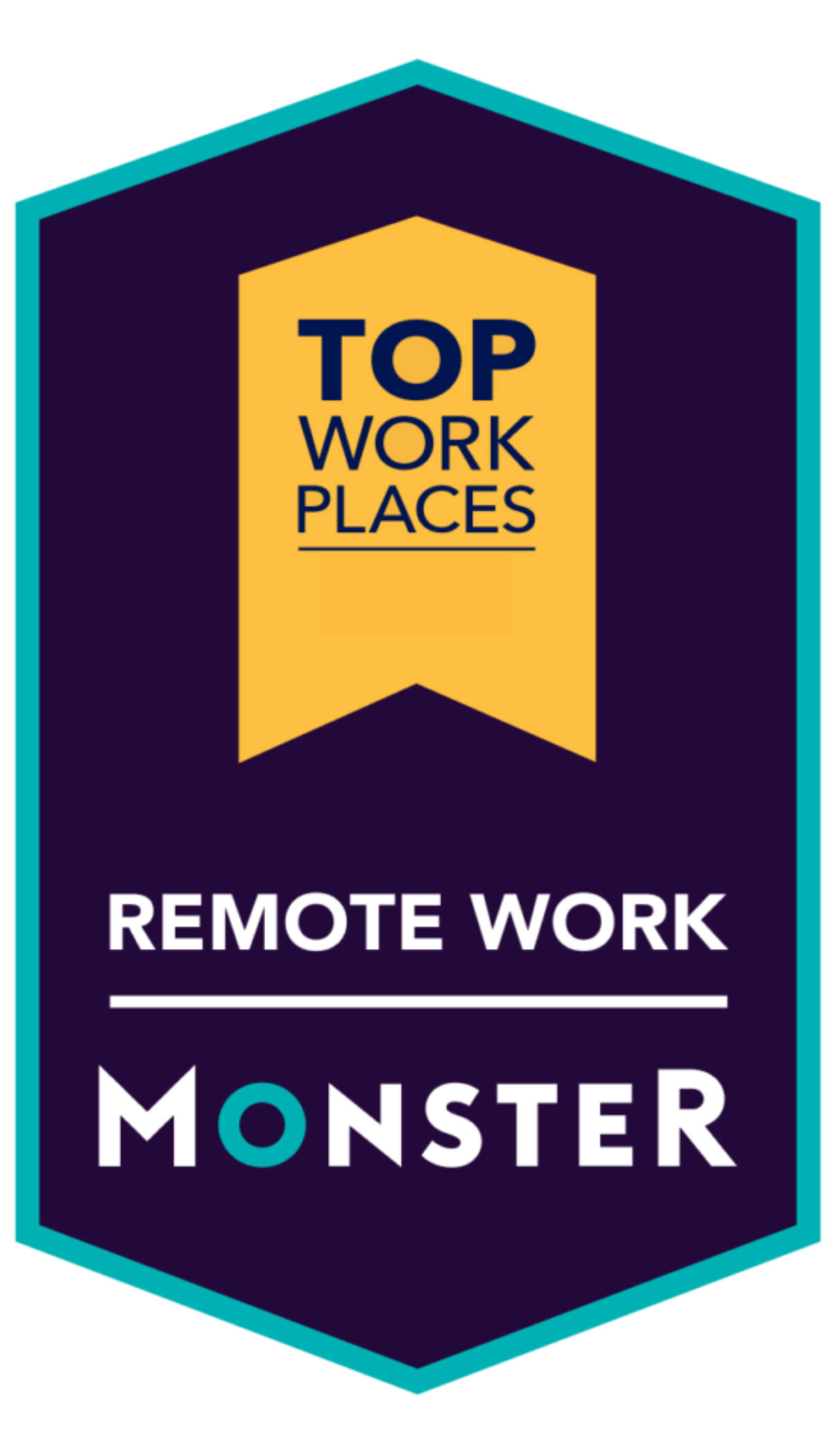We had the pleasure of attending the inaugural Nashville Health Care Council Sessions conference that took place at the Country Music Hall of Fame, September 18-19, 2023. The speakers who participated in the conference represented some of the top leaders and best minds in healthcare as they discussed the leading trends, challenges, and opportunities for the future in a series of fireside chats and panels.
Unsurprisingly, Artificial Intelligence (AI), was on the tip of everyone’s tongue and elicited an obligatory question from every moderator. The answers given by the panelists ranged from eye-opening warnings, to cautious optimism, to unmitigated hope for radical change. Despite the differences in opinions, what was obvious is that there was a shared understanding that AI is here now, it is here to stay, and it is going to have a huge impact in the future. Additionally, what became clear is that many of the nation’s largest health systems are making meaningful investments into the technology and forging partnerships with AI solution companies – proving that its more than just talk. Of particular note, Aashima Gupta, the Global Director for Healthcare Strategy and Solutions at Google Cloud provided insight into what’s really being implemented today. The focus is on helping clinicians who don’t have enough time in the day to do their jobs. Therefore, current AI initiatives are focused on back-office process automation, rev cycle enhancements, as well as scribing and transition notes for doctors and nurses for shift changes. Pragmatic solutions for burning issues where real progress can be made quickly.
Another prevailing theme was the state of behavioral health care. Many stats were offered up to paint the picture:
- The current psychiatrist shortage of 9,000 that is only growing.
- 21% of adults are experiencing a mental illness, roughly 50 million people.
The most illustrative point of all was made by Stu Clark, CEO of Premise Health who stated, “To deliver primary care without behavioral health is like trying to run a marathon with only one shoe. You just can’t do it.”
The reality is demand is growing, and supply is diminishing. However, there is hope that tech-enabled care can provide a solution to this issue. Julian Harris of ConcertoCare gave virtual care a nod by saying that behavioral health stands apart for its adoption of telehealth. Access TeleCare is leading the way in addressing the acute care needs of hospitals and health systems with tech-enabled behavioral health care. We have seen real results where adoption of virtual behavioral health has led to reduced ED boarding, increased census for inpatient units and behavioral health hospitals, and improved health outcomes for patients in med-surg units and ICUs who receive consultation-liaison telepsychiatry. It’s encouraging to us to see this group of healthcare leaders embrace the need for tech-enabled solutions to drive real change and improve the way we care for the mental health of our communities!

Another consistent theme was the discussion of value-based care and increased collaboration required to make it successful. Many of the panelists mentioned the need for:
- Incentive alignment – Neil de Crescenzo, CEO of Optum Insight expressed his excitement about the advances we can make with data in this space.
- Innovative tech-enabled services – like driving innovation and change at the clinic level with a more bottoms-up approach as advocated for by Wyatt Decker, EVP, Chief Physician, Value-Based Care at UnitedHealth Group.
- Regulatory relief to drive healthcare delivery improvements – a particular point of emphasis by Tim Hingtgen, CEO of Community Health Systems.
Additionally, the importance of addressing Social Determinates of Health (SDoH) were also discussed by many of the panelists. Brad Smith, CEO of Russell Street Ventures helped lay out the problem by stating that 27% of the cost of care delivered is for conditions that are preventable – that we need to address top SDoH factors (transportation, housing, and food insecurity) if we want to better deliver care. Other highlights of the discussion were the ‘Food as Medicine’ programs that Kroger is looking into according to their Chief Medical Officer, Marc Watkins, and providing access to care at scale through retail models as championed by Kevin Ban, Chief Medical Officer at Walgreens. These represent real-world, innovative solutions that are being put in place to address SDoH in meaningful ways.
Frankly, this is just a taste of the valuable insights shared at the NHCC Sessions conference about the evolving landscape of healthcare. To read more on this topic, the Nashville Health Care Council also provided summaries for day 1 and day 2 of the conference.









